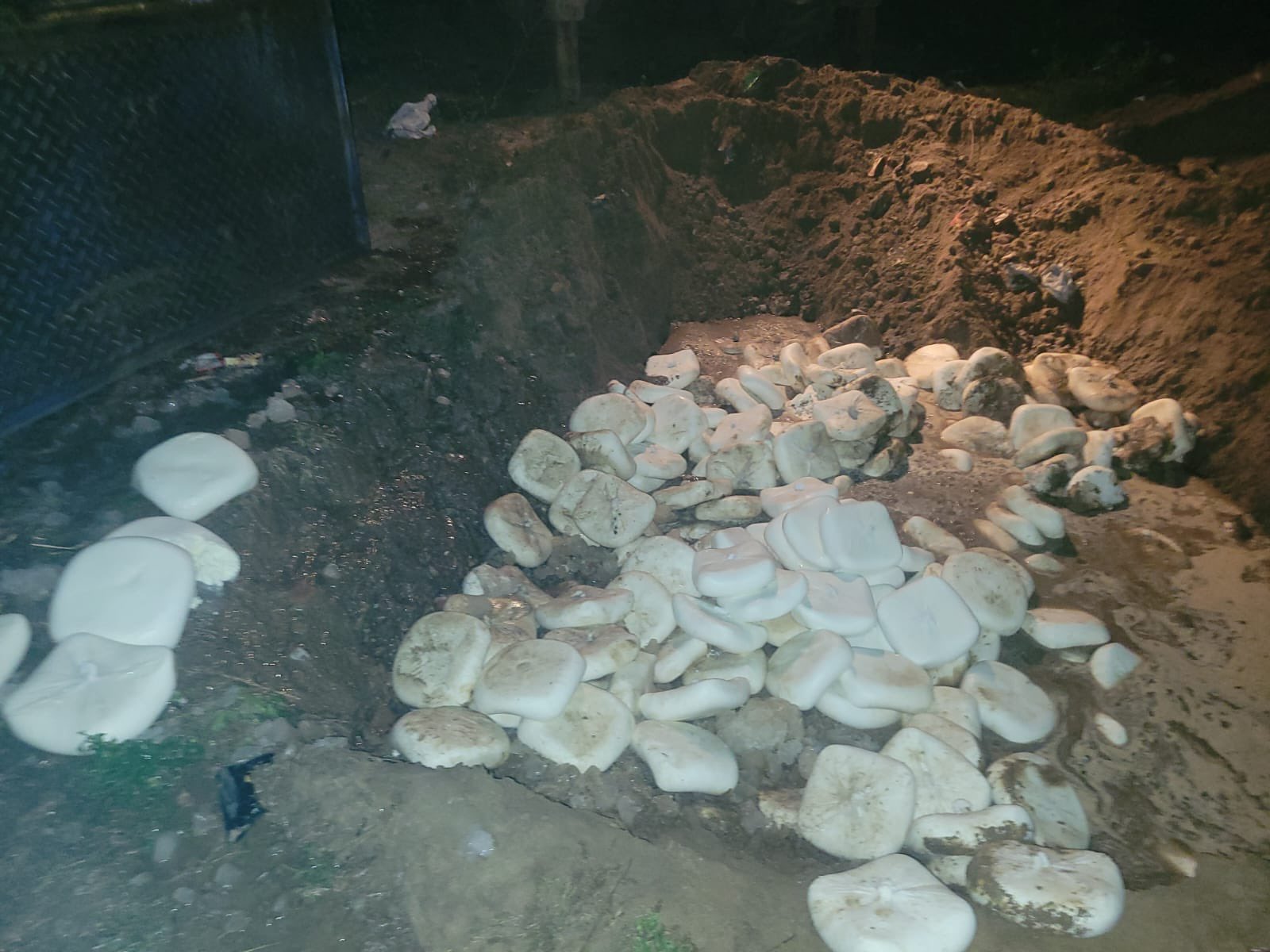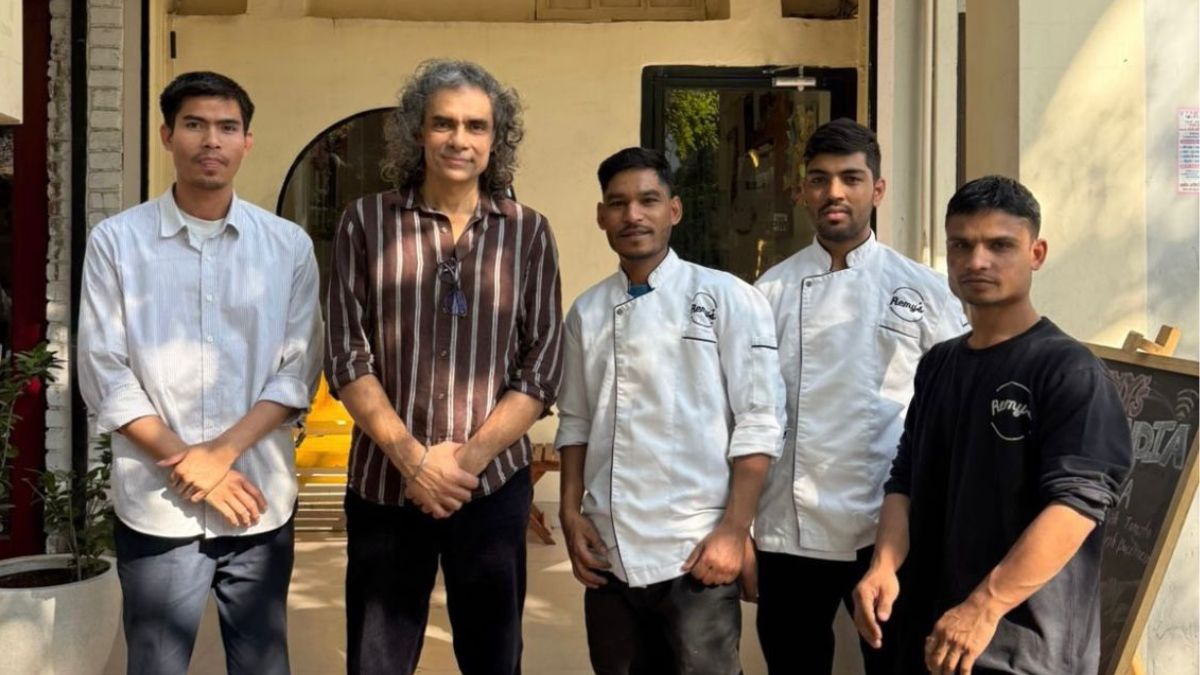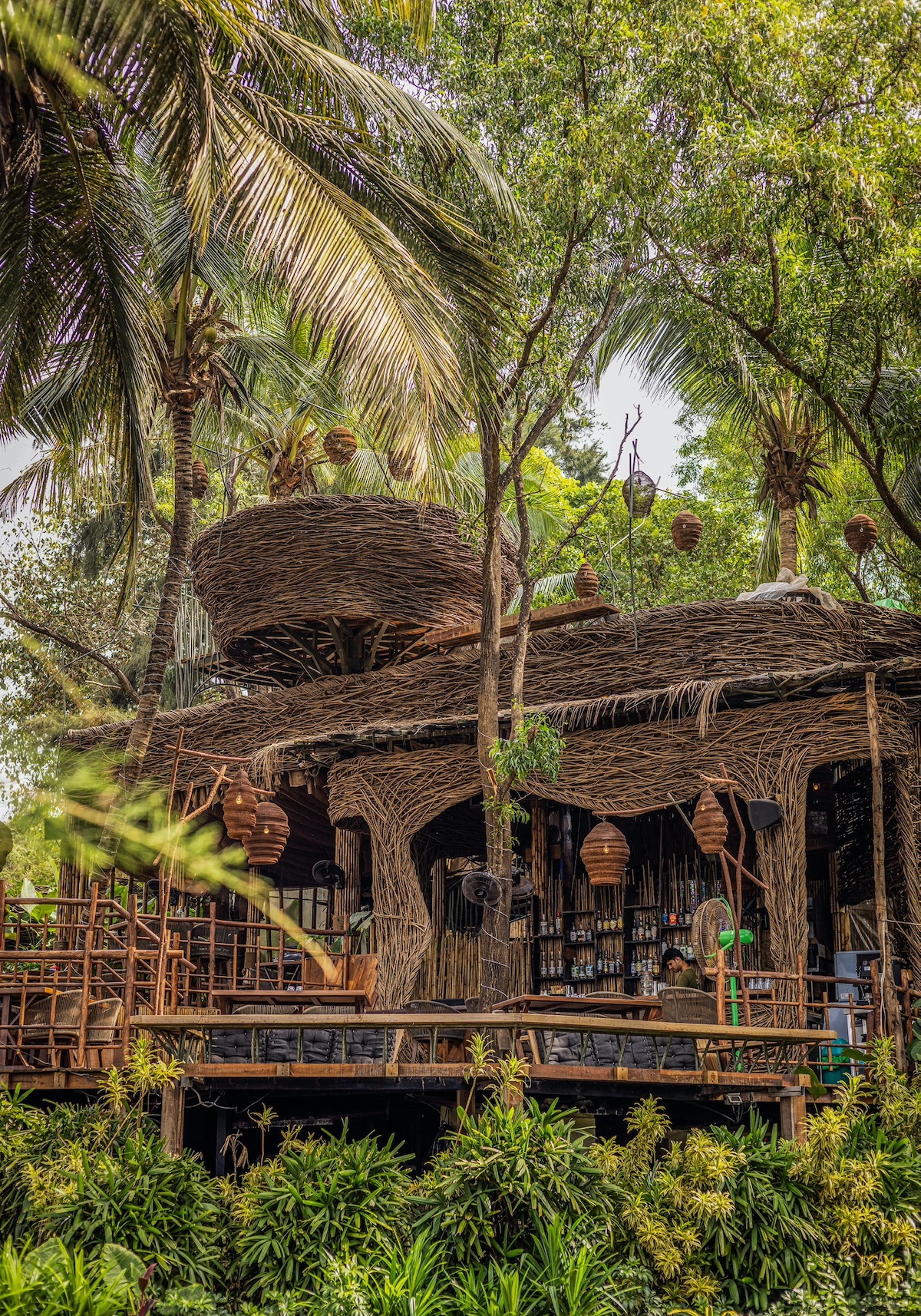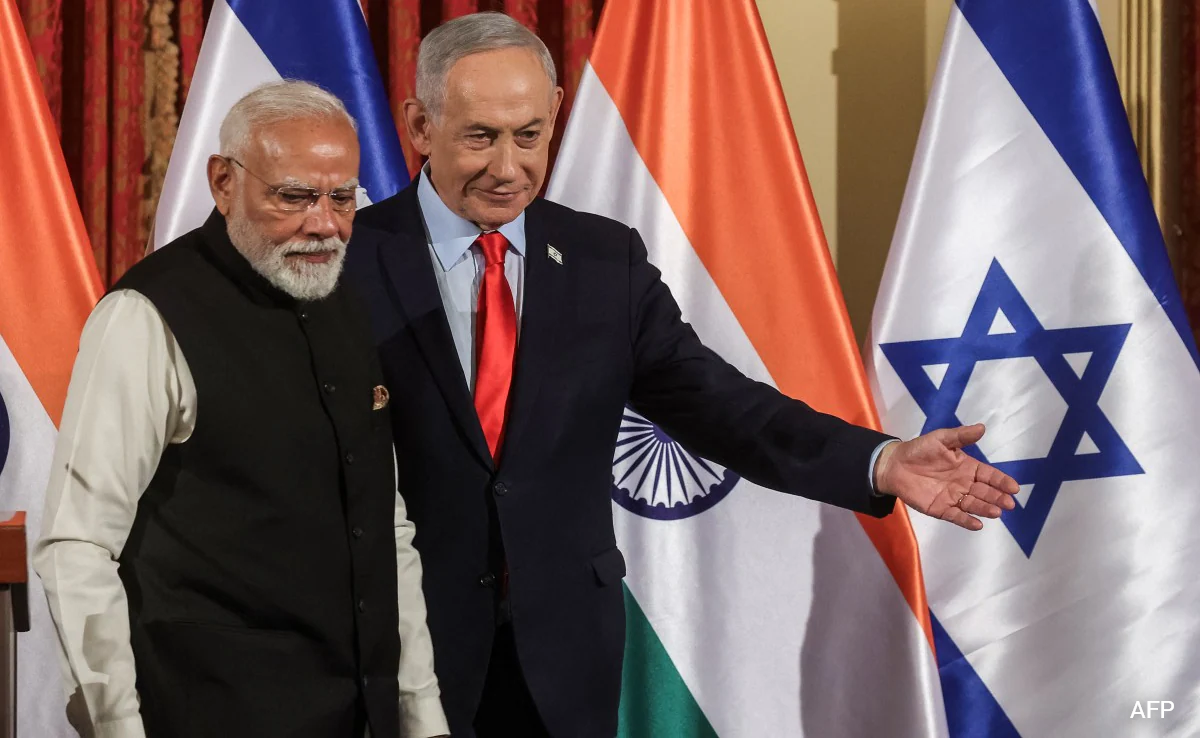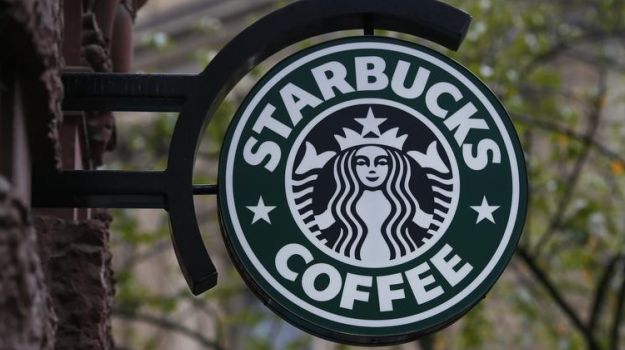The world's largest coffee chain Starbucks sees a "major business opportunity" in the country and will bring its international specialty tea brand Teavana to India this year. "We see a major, major business opportunity here...In 2016, we intend to bring our specialty tea brand Teavana here, which we acquired in the US two years ago," Howard Schultz, chairman and chief executive of Starbucks, said in an interaction with media.
The interaction was also attended by senior executives of Tata Sons with whom the American company has an equal joint venture under the name Tata-Stabucks. "One of the areas where we have grown significantly and become the best-in-class is social media. We have built tremendous value in that, and we'll start to bring it here next summer," Schultz added.
Admitting that Starbucks has not been a research-driven organization so far, but better at collecting consumer data, he said: "Success in a business has to be earned, and reputation is everything." Globally, Starbucks is also building a significant presence in the consumer packaged goods segment where it sees a bright opportunity, Schultz said.
While adhering to a standardized retail model, Starbucks also has to balance local requirements, Schultz said, adding, "we have over 23,000 stores in 73 countries and many market requirements are different. Here our stores are incredibly different, and highly relevant to local culture." Speaking about the company's culture, he said Starbucks is very employee-centric, and the key to reducing attrition levels at stores is to invest in them ahead of the growth and profit curve.
"It is important to invest in employees before we have economies of scale," he said. Starbucks operates here under a 50:50 joint venture with Tata Global Beverages and runs 75 outlets across seven cities under the label of Tata-Starbucks since October 2012. Though the company had said at the launch that it would open 50 stores in the first year of operations, in over three years it has reached only 75. Schultz and Tata officials did not speak about the India business plans.
Referring to "the race between India and China", he said each is going through its own transformation, and the fast rising middle-class population here provides a great market opportunity.
